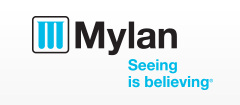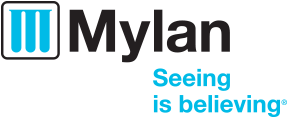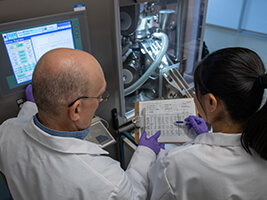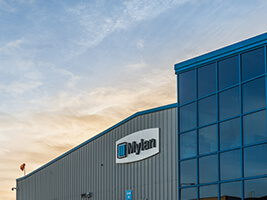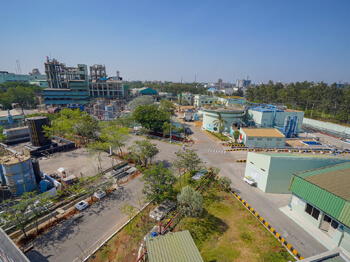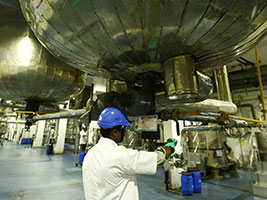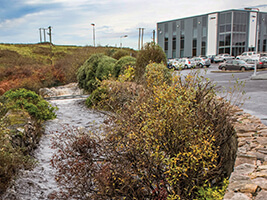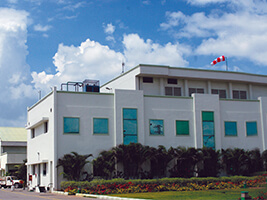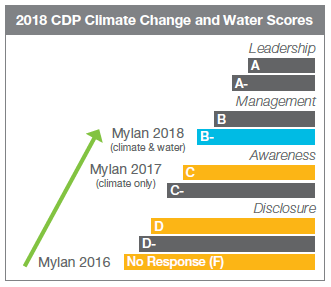
>95%
of Our Pharmaceutical Waste is Diverted from Landfill to Incineration
or Energy Recovery Facilities

45%
of Our Manufacturing Sites are ISO 14001 Certified

10
Zero Liquid Discharge
Facilities in India
 30%
30%
Increase in Renewable Energy Purchased
8
ISO 50001 Certified Sites
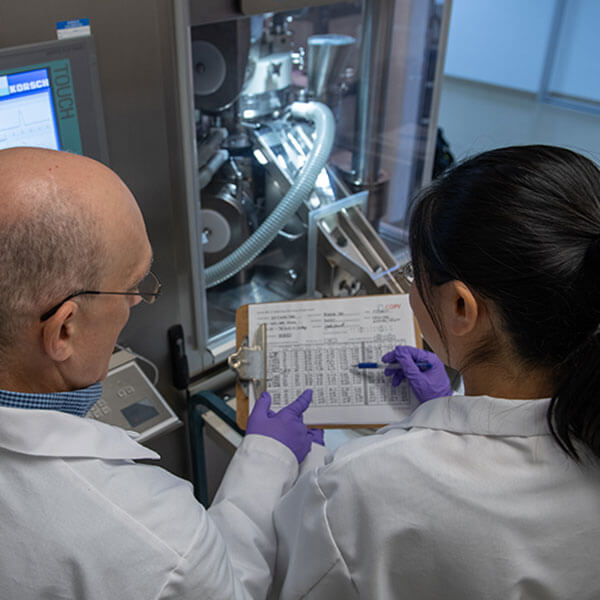
Mylan’s Global EHS Management System is based on companywide principles that provide a framework of performance expectations with respect to our employees and external partners. Our technical standards establish global minimum operating requirements for a variety of safety and environmental activities. Implementing these standards helps ensure compliance with applicable regulations in the countries where we operate, in addition to filling gaps where certain regulations may not exist and driving continuous improvement.
We monitor and track many elements of our environmental performance allowing us to manage data, oversee results and identify risks and opportunities. We routinely conduct assessments and on-site audits, including reviews of our data, systems and programs.
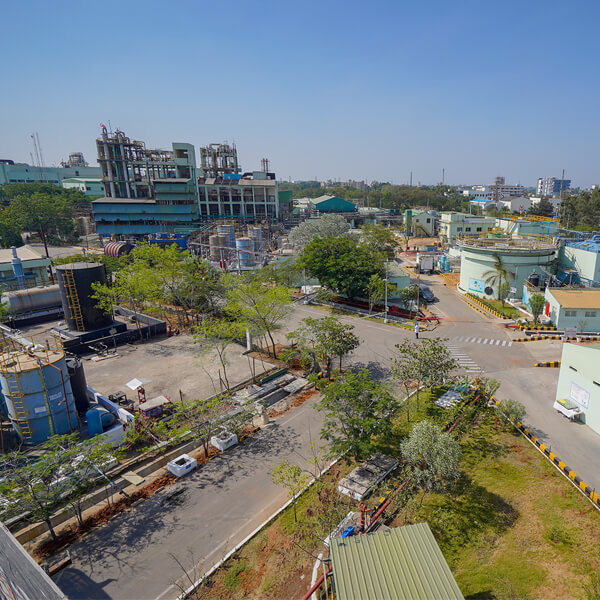
Responsible wastewater treatment is a key topic for our industry, and Mylan is committed to leading by example. We recognize that water is a scarce resource in some of the communities where we live and work and are committed to working proactively to protect water resources and continue to improve our water management practices and systems. We perform water risk assessments and all operations sites are periodically audited to ensure compliance with local regulatory and internal standards.
We work diligently to practice responsible water management and protect this precious resource. Our highly regulated industry often presents restrictions and limitations related to items such as reuse of water in production. Production requirements of our operations – coupled with local regulations and infrastructure – guide the type of water and wastewater management systems and processes we utilize. Due to these requirements, a significant amount of water is rejected as part of the purification processes and is discharged as wastewater. Wastewater from all of Mylan’s operations undergoes treatment prior to discharge to the environment, and in India, multiple sites apply zero liquid discharge (ZLD) technology that eliminates discharge. Please read our 2019 GSR Report for more information.
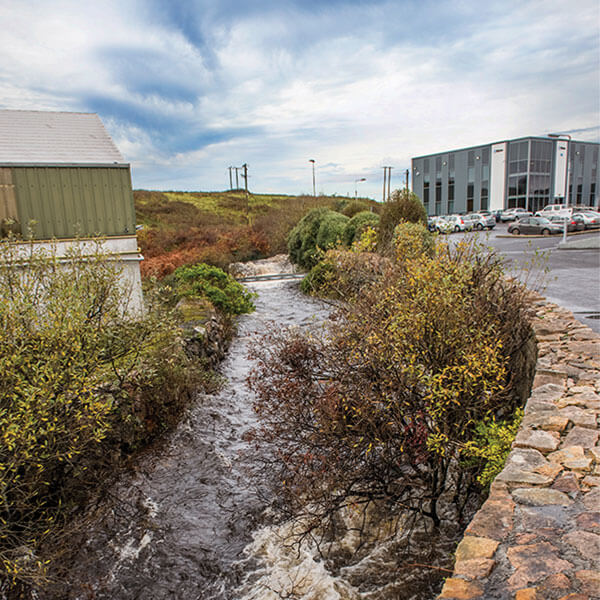
As a pharmaceutical company and member of the global community, Mylan is committed to caring for the environment and promoting responsible manufacturing by taking steps to minimize the environmental impact of our operations and products, while also balancing our need to produce high quality, life-saving medication.
The primary pathways for pharmaceuticals entering the environment from human use are by normal patient excretion and improper disposal of medicine by consumers,1 in addition to the use of pharmaceuticals in agriculture. A significantly smaller contribution stems from emissions resulting from the pharmaceutical manufacturing process, which is attributed to less than 2% of the overall contribution.2
While gaps remain in the scientific link between pharmaceuticals in the environment and human health risk, we are committed to reducing pharmaceuticals discharged from our manufacturing operations.
Mylan’s approach to addressing and minimizing the potential impact of PiE from our own manufacturing is based on a wide range of activities and governance including:
Responsible Antibiotics Manufacturing
Antimicrobial resistance (AMR) continues to be a major global public health problem negatively impacting the lives of hundreds of thousands each year. Mitigating AMR requires a holistic approach and multi-stakeholder cooperation to address issues such as universal access to antimicrobials, appropriate use, surveillance, stewardship and responsible manufacturing.
Mylan is a signatory to the Davos Declaration on combating AMR and a founding board member of the AMR Industry Alliance. Mylan has adopted the AMR Industry Alliance Common Antibiotic Manufacturing Framework and is an active member of its manufacturing working group. The Common Antibiotic Manufacturing Framework provides a common methodology to assess potential risk from antibiotic discharges and take appropriate action when necessary.
As part of this commitment, the AMR Industry Alliance developed a unified approach to establishing discharge targets for antibiotic manufacturing, referred to as Predicted No Effect Concentrations (PNECs) for use in environmental risk assessments of antibiotics. Mylan conducts risk assessments using the discharge target values published by the AMR Industry Alliance to assess potential risk of release of antibiotics from production, and if needed, takes corrective action.
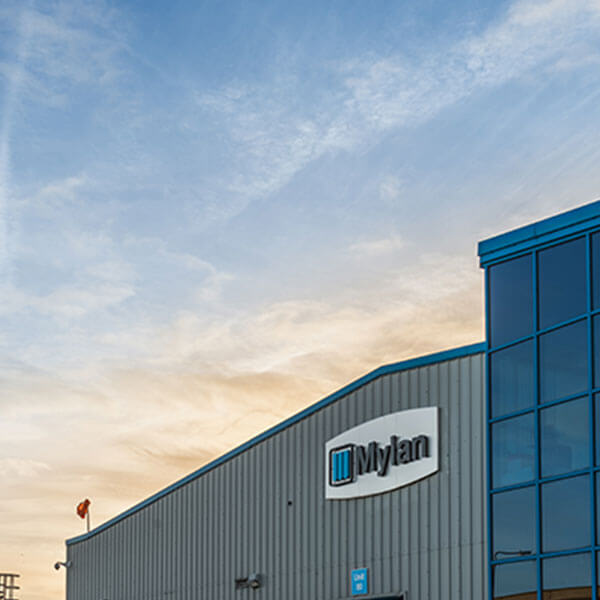
Responsible Energy Management
We are committed to responsible energy and greenhouse gas (GHG) emissions management through strategic energy sourcing and on-going improvement of our energy management systems. We continuously evaluate and identify opportunities to lower our energy demand usage and decrease GHG emissions. Examples of efforts undertaken are the phase out of ozone depleting substances and energy sourcing and reliability for manufacturing.
Individual operation sites have set various short-term strategies that support Mylan’s overall commitment and several initiatives have been implemented throughout the organization. These include: increasing the purchase of renewable energy, utilizing alternative fuel sources and fugitive emission reductions, and phasing out ozone depleting substances (as required). Several of our operations sites are systematically looking for ways to improve energy management and efficiencies by implementing energy efficiency and emissions reduction projects.
Eight sites globally are certified to the 50001 ISO Energy Management standard
We performed energy assessments at key operational locations in 2019 to identify energy efficiency and emission reduction opportunities to help drive additional targets and initiatives with respect to energy and climate change. Mylan will continue to evaluate its baseline data outlined herein to identify potential opportunities and strategies that may have a direct or indirect impact on climate change. We will continue to conduct energy assessments at key locations in 2020.
We recognize the need for relevant information on management of risks and opportunities related to climate change through the enhanced disclosure recommendations from the Taskforce for Climate-related Finance Disclosures (TCFD). We have begun incorporating its recommendations into our energy and climate change strategies and disclosures. We have reported to the CDP climate program since 2017. Our current CDP climate program score is B. Mylan’s climate data as reported to the CDP is subject to third party verification.
See Mylan's 2019 GSR Report for more information and data.

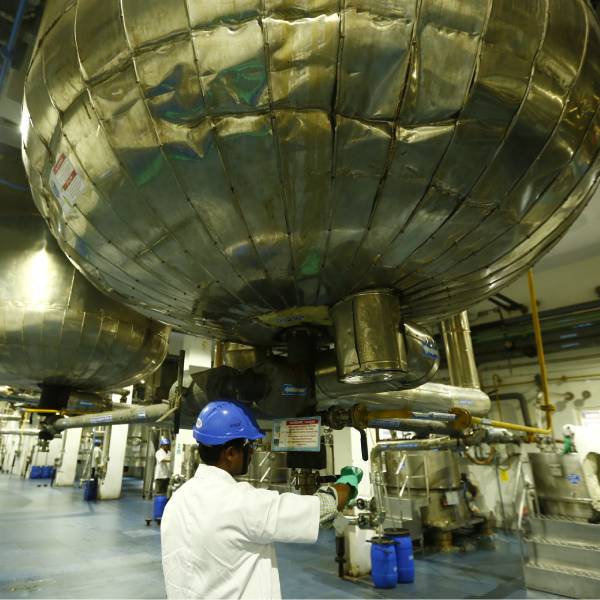
Mylan’s companywide EHS waste management standards, along with industry regulations, govern specific handling, treatment, storage and disposal of all waste. Each waste stream is reviewed and evaluated to determine the best treatment method. Waste treatment methods are selected based on the type of waste treatment requirements and internal standards. We strive to use recycling, reuse and energy recovery options, including waste-to-energy facilities, cement kilns and fuel-blending facilities where possible to treat waste. We strive to reduce or eliminate the amount of waste sent to landfills and are looking to continue to increase our number of zero landfill sites. Converting waste to energy contributes to the substitution of fossil fuel at these facilities.
- 74% of waste was recycled or sent to energy recovery
- Globally, increased the amount of waste we recycled from 14.1 tonnes to 17.8 tonnes – a 26% increase
- Achieved zero landfill status at our Damastown, Ireland, oral solid dose facility, bringing the number of zero landfill sites to 11
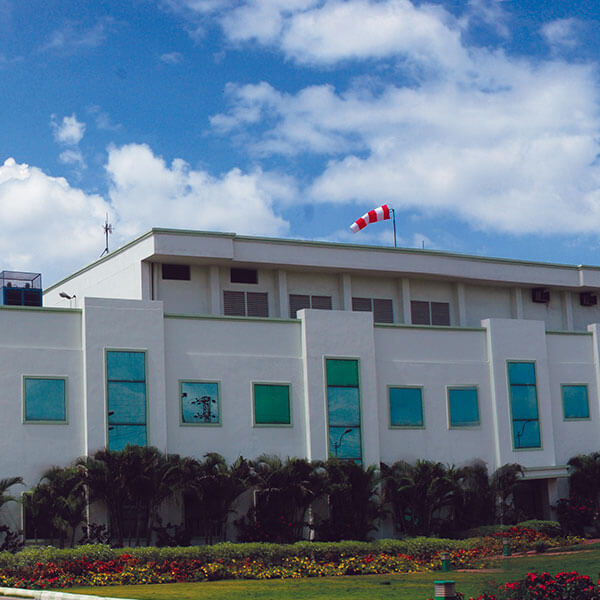
Mylan is committed to reducing emissions to the air, and we use the companywide EHS program to identify, track, monitor and control relevant emissions, per industry standards and regulatory guidelines. Mylan continues to focus on projects aimed at reducing particulate matter, sulfur oxides, nitrogen oxides, volatile organic compounds (VOC) and carbon dioxide (CO2) emissions to the air. Our facilities are equipped with air emission control devices as required to manage regulated air pollutants. Examples include high-efficiency dust collection, HEPA filtration, electrostatic precipitation, primary and secondary condensers, multi-stage filtration and recirculation systems, process scrubber technology and regenerative thermal oxidizers.
